- Find Your College
- Scholarships
- Pay for College
-
Articles
- COLLEGES
- Most Recent
- Affordability & Cost
- College Search
- Comparisons
- College Majors & Minors
- Myths
- News & Trends
- Tips, Tools & Advice
- Admissions
- Most Recent
- ACT & SAT
- College Admissions
- College Applications
- Myths
- Online Colleges
- Questions & Answers
- About
- Home
- >
- Browse All Majors
- >
- Biological And Biomedical Sciences
- >
- Ecology, Evolution, Systematics, and Population Biology
- >
- Marine Biology and Biological Oceanography
Marine Biology and Biological Oceanography
Select Type of Degree:
Select State:
|
#1

Eckerd College
|
|||||||||||
|
#2

Coastal Carolina University
|
|||||||||||
|
#3

Roger Williams University
|
|||||||||||
|
#4

University of North Carolina Wilmington
|
|||||||||||
|
#5

University of New England
|
|||||||||||
|
#6

Texas A&M University-College Station
|
|||||||||||
|
#7

University of California-San Diego
|
|||||||||||
|
#8
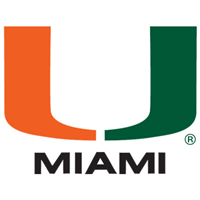
University of Miami
|
|||||||||||
|
#9

Florida Southern College
|
|||||||||||
|
#10

University of South Carolina-Columbia
|
|||||||||||
|
#11

University of California-Santa Cruz
|
|||||||||||
|
#12

Stony Brook University
|
|||||||||||
|
#13

University of Hawaii at Hilo
|
|||||||||||
|
#14

University of Washington-Seattle Campus
|
|||||||||||
|
#15

The University of Tampa
|
|||||||||||
|
#16

Stockton University
|
|||||||||||
|
#17

Hawaii Pacific University
|
|||||||||||
|
#18

University of Hawaii at Manoa
|
|||||||||||
|
#19

Maine Maritime Academy
|
|||||||||||
|
#20

The University of West Florida
|
|||||||||||
|
#21

California State University-Long Beach
|
|||||||||||
|
#22

College of Charleston
|
|||||||||||
|
#23
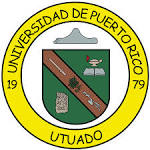
University of Puerto Rico-Humacao
|
|||||||||||
|
#24
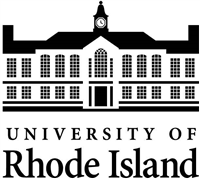
University of Rhode Island
|
|||||||||||
|
#25

Florida International University
|
|||||||||||
|
#26

Nova Southeastern University
|
|||||||||||
|
#27

Boston University
|
|||||||||||
|
#28

University of California-Los Angeles
|
|||||||||||
|
#29

University of Alaska Southeast
|
|||||||||||
|
#30
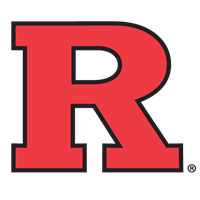
Rutgers University-New Brunswick
|
|||||||||||
|
#31

University of Delaware
|
|||||||||||
|
#32
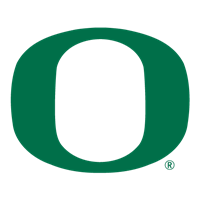
University of Oregon
|
|||||||||||
|
#33
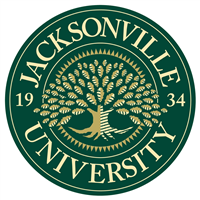
Jacksonville University
|
|||||||||||
|
#34
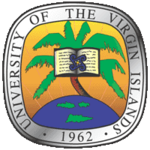
University of the Virgin Islands
|
|||||||||||
|
#35

Florida Institute of Technology
|
|||||||||||
|
#36

Northeastern University
|
|||||||||||
|
#37

University of Connecticut
|
|||||||||||
|
#38

Unity College
|
|||||||||||
|
#39

University of Southern Mississippi
|
|||||||||||
|
#40
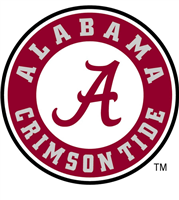
The University of Alabama
|
|||||||||||
|
#41

Auburn University
|
|||||||||||
|
#42

Central Methodist University-College of Liberal Arts and Sciences
|
|||||||||||
|
#43

Samford University
|
|||||||||||
|
#44

Rollins College
|
|||||||||||
|
#45

University of South Florida
|
|||||||||||
|
#46

Western Washington University
|
|||||||||||
|
#47

University of New Haven
|
|||||||||||
|
#48

Northwest Missouri State University
|
|||||||||||
|
#49

Sacred Heart University
|
|||||||||||
|
#50

Montclair State University
|
|||||||||||
|
#51

Waynesburg University
|
|||||||||||
|
#52

East Stroudsburg University of Pennsylvania
|
|||||||||||
|
#53

Wisconsin Lutheran College
|
|||||||||||
|
#54

University of Mobile
|
|||||||||||
|
#55
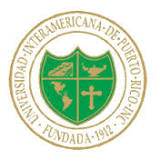
Inter American University of Puerto Rico-Bayamon
|
|||||||||||
|
#56

Fairleigh Dickinson University-Metropolitan Campus
|
|||||||||||
|
#57

University of Maine
|
|||||||||||
|
#58

Savannah State University
|
|||||||||||
|
#59

San Jose State University
|
|||||||||||
|
#60

Salem State University
|
|||||||||||
|
#61

Hampton University
|
|||||||||||
|
#62
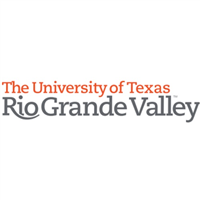
The University of Texas Rio Grande Valley
|
|||||||||||
|
#63

Troy University
|
|||||||||||
|
#64

University of West Alabama
|
|||||||||||
|
#65

Ave Maria University
|
|||||||||||
|
#66

University of North Alabama
|
|||||||||||
|
#67

Southwestern College
|
|||||||||||
|
#68

University of Puerto Rico at Ponce
|
|||||||||||
|
#69

Alabama State University
|
|||||||||||
|
*The estimated net prices above are College Raptor’s estimate. Please contact the college financial aid office for actual net cost figures.
|
|||||||||||
About Marine Biology and Biological Oceanography
A program that focuses on the scientific study of the ecology and behavior of microbes, plants, and animals inhabiting oceans, coastal waters, and saltwater wetlands and their interactions with the physical environment. Includes instruction in chemical, physical, and geological oceanography; molecular, cellular, and biochemical studies; marine microbiology; marine botany; ichthyology; mammalogy; marine population dynamics and biodiversity; reproductive biology; studies of specific species, phyla, habitats, and ecosystems; marine paleocology and palentology; and applications to fields such as fisheries science and biotechnology.
Students who are passionate about Marine Biology and Biological Oceanography can study up to a Masters degree. Currently, 1,966 students earn a some level of degree in Marine Biology and Biological Oceanography around the country each year. More students graduate with a degree in Marine Biology and Biological Oceanography in Florida than any other state. The average annual income for an undergraduate degree in Marine Biology and Biological Oceanography is $42,090.
Careers
The highest paying job for Marine Biology and Biological Oceanography majors is Natural Sciences Managers. However, something else to consider is how many job openings there currently is. A job that is in high need that a degree in Marine Biology and Biological Oceanography can prepare you for is Biological Technicians.
Top Paying Careers
These are the highest paying careers for Marine Biology and Biological Oceanography majors.
Most In-Demand Careers
These are the careers in highest demand for Marine Biology and Biological Oceanography majors.
Student Demographics




Subscribe to Our Newsletter
Join thousands of students and parents learning about finding the right college, admissions secrets, scholarships, financial aid, and more.

College Raptor, Raptor, InsightFA, FinanceFirst, and “The Right College. The Best Price.” are registered trademarks of College Raptor, Inc.




